How the Louisiana Abortion Medication Ban Affects Everyone
A new law will go into effect today that will further limit the accessibility of medications that induce abortion, and it will be used to challenge the legality of the medication in every state.
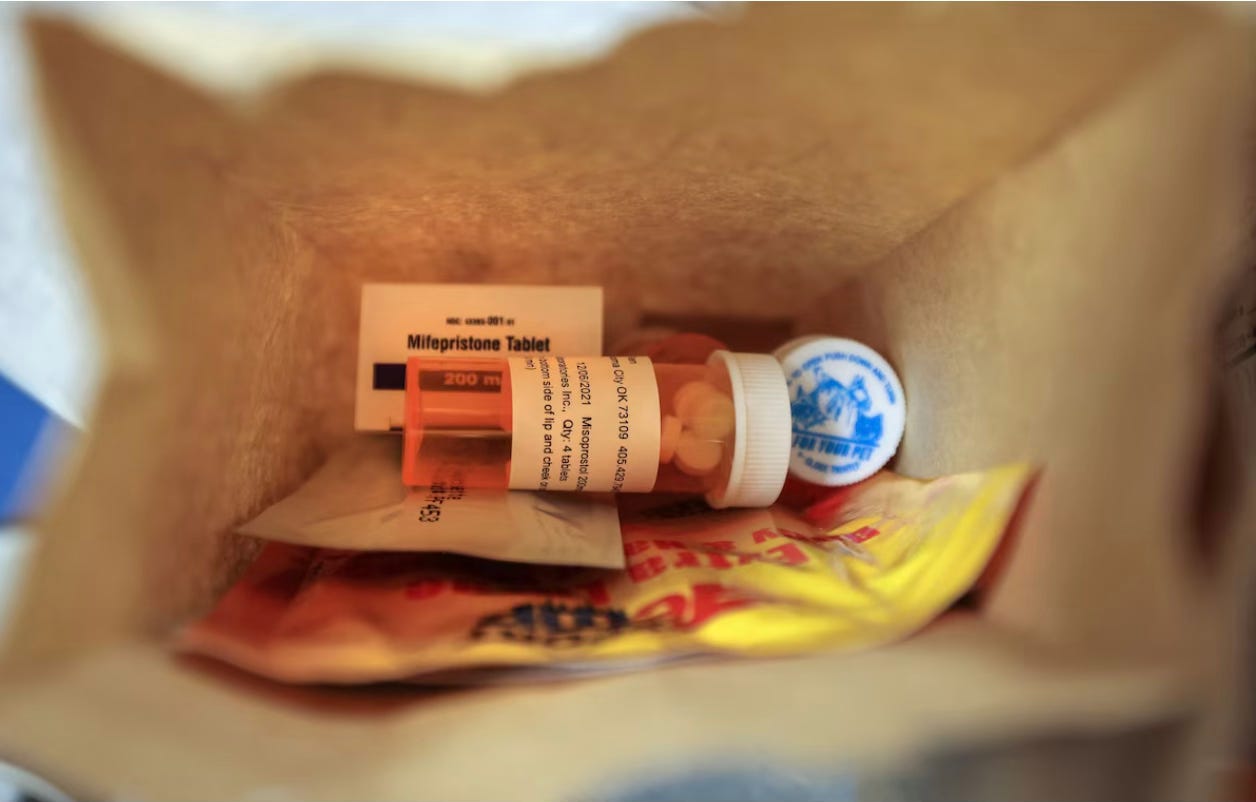
On Friday, Louisiana Governor Jeff Landry signed a bill into law that classifies the two most common abortion-inducing drugs — mifepristone and misoprostol — as controlled and dangerous substances, and that legislation goes into effect today. These two medications make up the most common method for abortion in the United States and now, women in Louisiana will have a difficult time gaining access to both.
While the law in Louisiana previously required a prescription for both drugs, and made it a crime to use them to induce an abortion, this new law will make it even harder for doctors to treat patients in the state with the medication, as the pills will be harder to obtain. Unlike these two medications, the other drugs that are listed as Schedule IV controlled and dangerous drugs in the State of Louisiana were listed as such to reflect a designation typically reserved for drugs that carry a risk of abuse or dependence, like opioids and benzodiazepines.
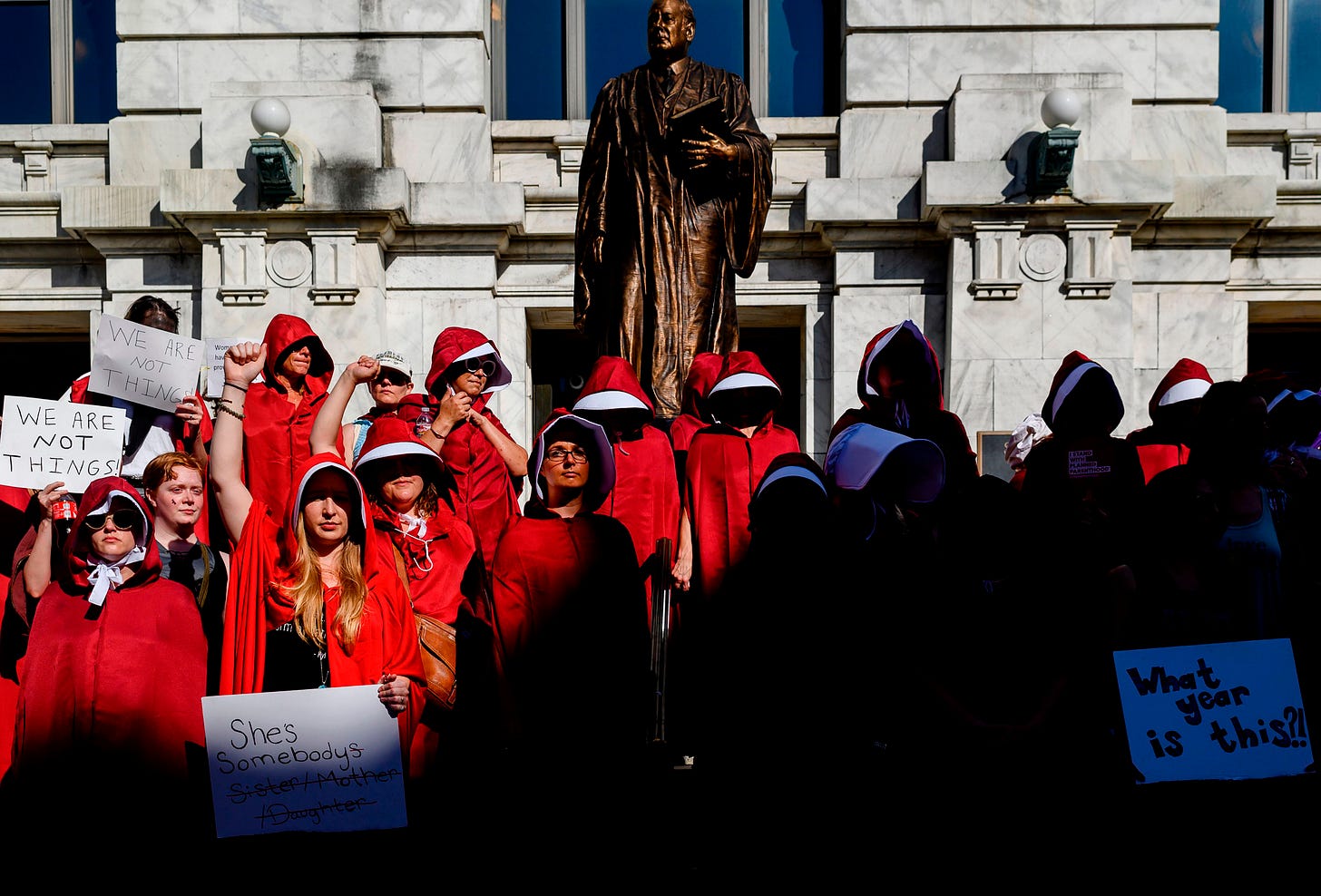
Just months after Roe v. Wade was overturned, the State of Louisiana enacted a near total abortion ban, making it illegal to obtain an abortion in most circumstances and criminalizing doctors who provide the service. Due to these restrictions, many people in the state have been forced to obtain these medications through the mail. In a #WeCount survey in May of 2024, done by The Society of Family Planning abortion activist group, it was revealed that roughly 8,000 women a month in predominantly abortion ban states were getting mifepristone and misoprostol by mail at the end of 2023.
We have no specific information available on the number of women who have ordered abortion medications through the mail in the State of Louisiana, so the exact impact of these new restrictions is hard to determine. Alison Norris, an epidemiologist at Ohio State University and a lead researcher on the #WeCount report, said the group is not breaking down how many pills were shipped to each state that bans abortion, “[in order] to maintain the highest level of protection for individuals receiving that care and providers providing that care.”
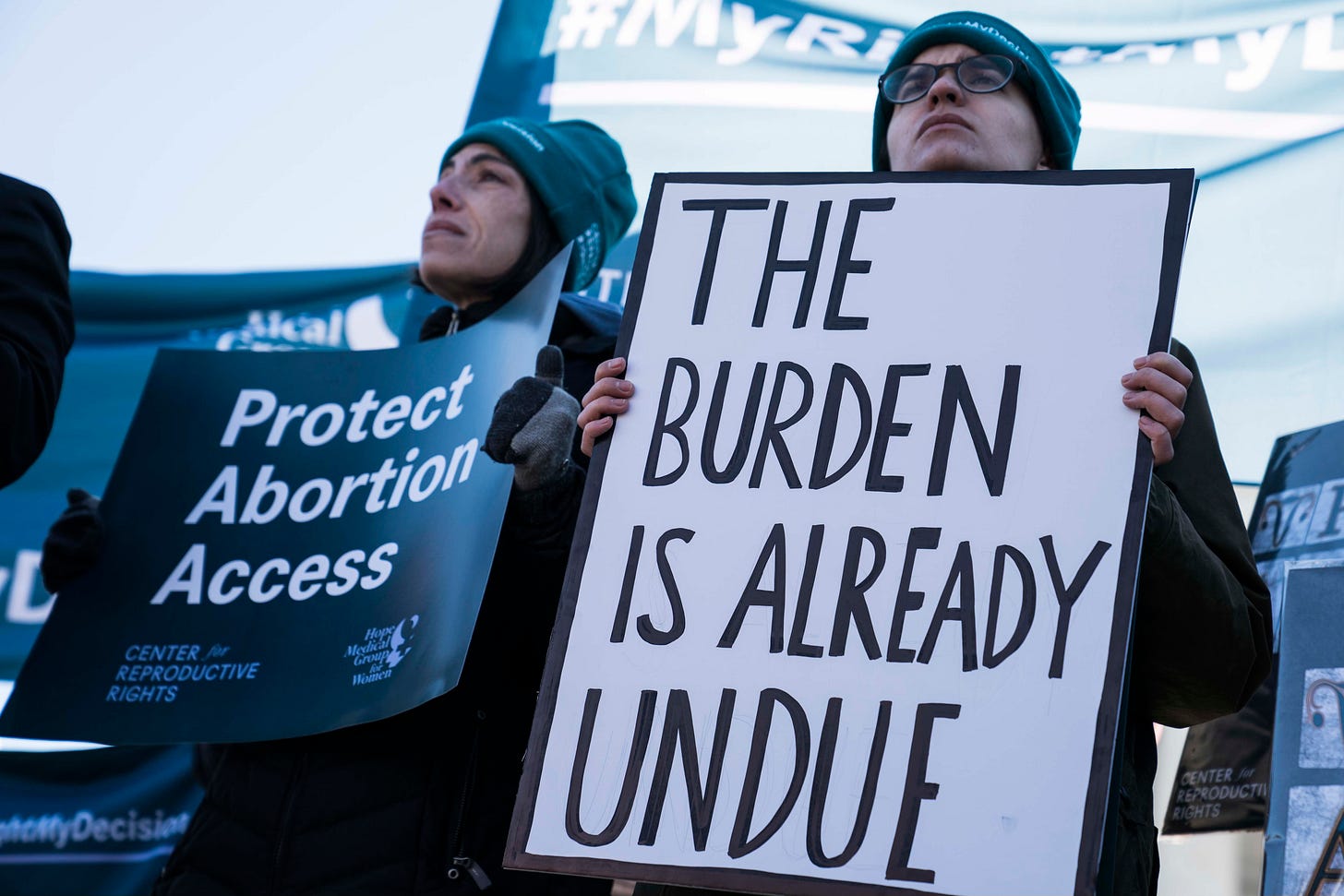
This new law also helps to set the stage for an inevitable lawsuit by the State of Louisiana, against doctors who are prescribing the medications from other states with legal shield law protections in place. As Conservative states were enacting bans on abortion access, several Democratic-controlled states — like Colorado, Massachusetts, New York, Vermont and Washington — enacted shield laws meant to protect providers from prosecution in other states. These laws denote that the only state with jurisdiction to prosecute doctors who prescribe by mail are the states in which the doctor is physically located.
This latest restrictive law in Louisiana, which now criminalizes doctors who prescribe the two most common abortion medications, is the next step for conservatives who are waiting to test the court system and charge an out-of-state doctor with a crime in Louisiana. For example: the laws of Colorado specify that a doctor who provides tele-health care to a patient in Texas is not liable under any law other than Colorado, and is therefore exempt from any criminal or civil liability in Texas.
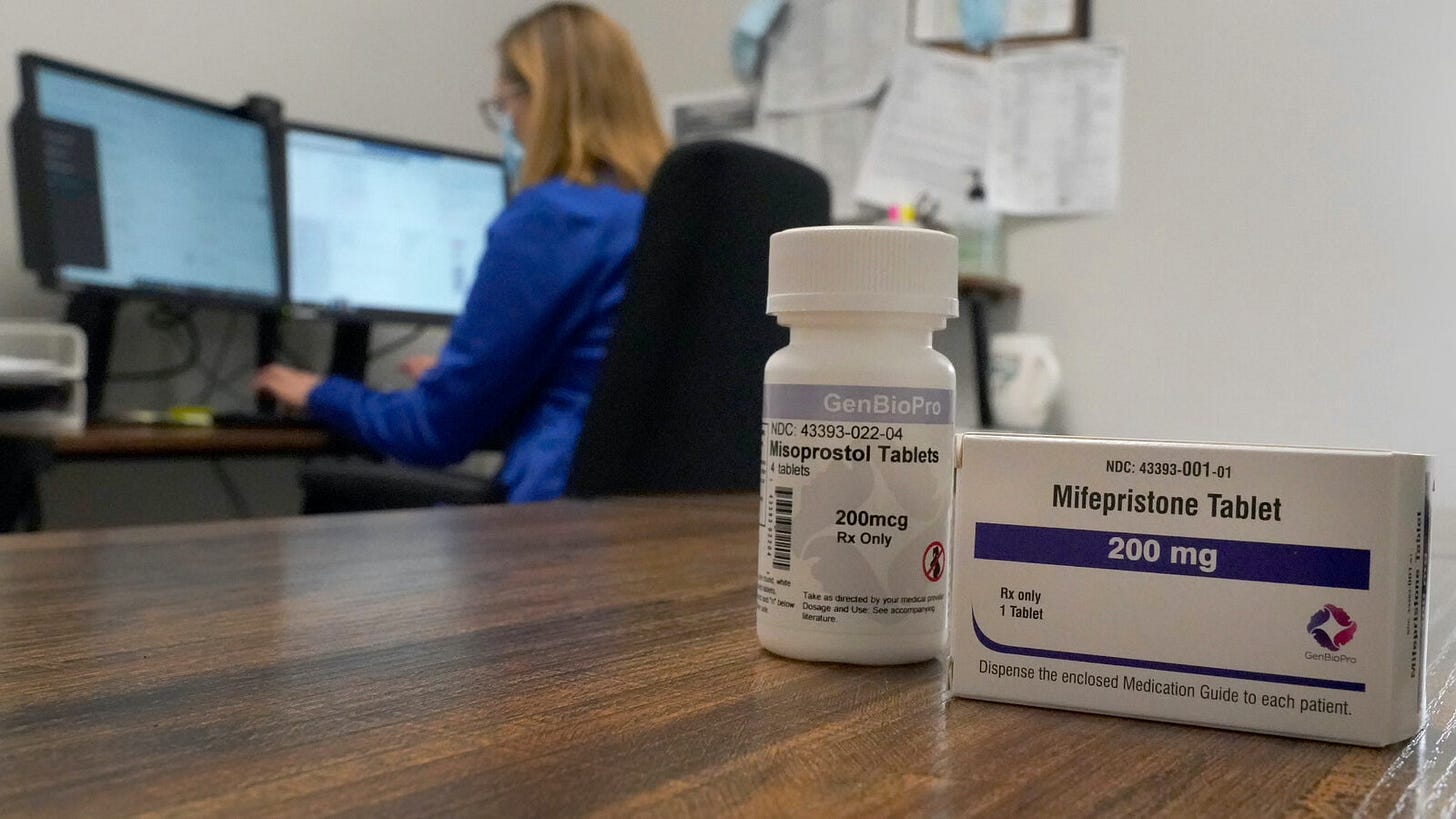
But, Louisiana will now move to challenge that jurisdiction assessment and claim in court that the location where the patient took the medication in question will now have jurisdiction over any abortion medication cases, regardless of where the pills were prescribed or obtained. We can expect the state to file suit in a Louisiana court against a remote provider in any of these states with shield laws, claiming that Louisiana has the proper jurisdiction.
This is yet another case that will ultimately make it through the appeal courts and all the way up to the United States Supreme Court. This medication restriction in Louisiana is ultimately the catalyst for an attempt to restrict the medication across the entire United States, and considering the current Conservative Majority on the highest court in the land, it might just work.
For more on the Louisiana Mifepristone ban and everything that led up to this, read:
Amee Vanderpool writes the SHERO Newsletter, is an attorney, published author, contributor to newspapers and magazines, and an analyst for BBC radio. She can be reached at avanderpool@gmail.com or follow her on Twitter @girlsreallyrule.
Paid subscriptions and one-time tributes embedded in each article allow me to keep publishing critical and informative work that is sometimes made available to the public — thank you. If you like this piece and want to support independent journalism further, you can forward this article to others, get a paid subscription or gift subscription, or donate as much as you like today.




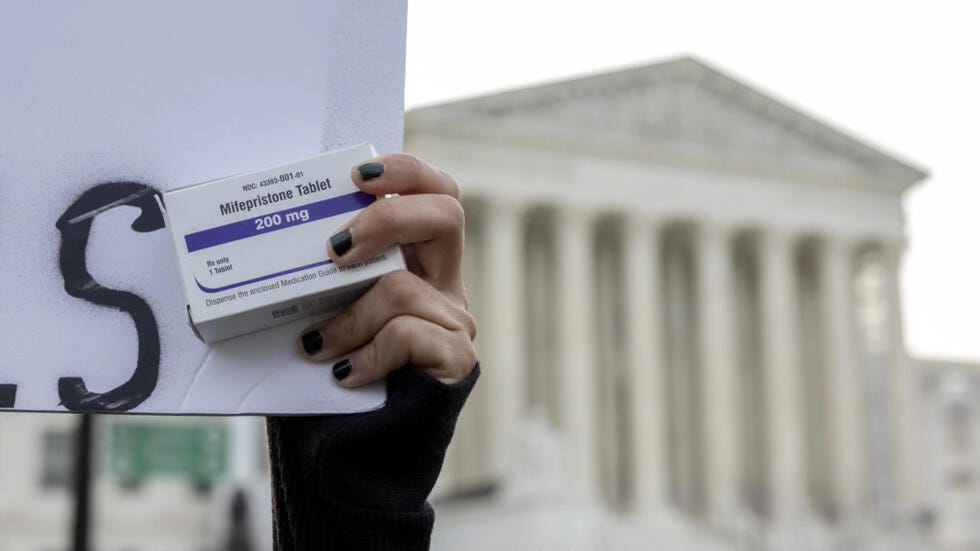
Infuriating but not at all surprising. This is the legacy of Fat Don and the religious extremism coupled with sexism and disdain for women that he unleashed. Boggles the mind that this is happening in 2024 in this country. Harris needs to win and she needs a majority in the senate to codify abortion rights and remake the court. I really hope she does a better job than any president has since FDR to remind the American people the Supreme Mullah Court are un-elected, unaccountable and shielded from the effects of their own bad decisions. They are operating far outside their constitutional mandate and people need to be reminded of that regularly. According to Gallup, 69% of Americans support abortion rights in the first trimester. If that is true then how in the F is this election close at all? Makes no sense.
WTF everyday it gets worse